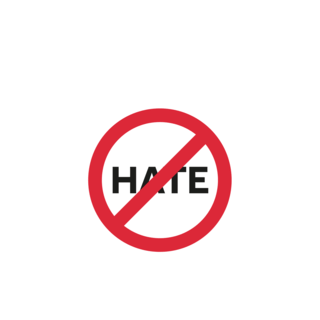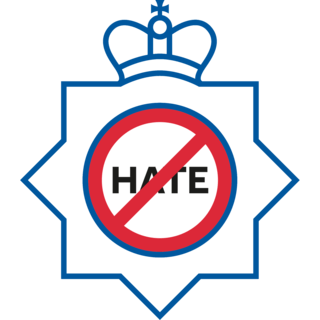17th October, 2025
It is clear that tensions and levels of fear remain extremely high, particularly in the wake of the tragedy of the terrorist attack in Manchester.
The National Police Chiefs' Council has received a number of duplicated communications from members of the public, expressing a belief that policing has not been robust enough in its response to material and chanting during public demonstrations throughout the UK. The same formatted communication was sent to other organisations and some media outlets.
A proportionate response to upholding human rights and freedoms is a vital part of how policing protects our society. Human rights underpin our lives, but they often compete. Quite often, they are contentious to people upholding different views on national or global events. Police colleagues and commanders have to make dynamic decisions, taking into consideration competing rights, but also practical and tactical decisions about how to prevent escalation of tensions and to keep our communities safe in the short and long term. Inevitably, there will be occasions where people feel the police decisions are wrong and that officers have over or under-reacted.
Operational decisions for policing events and responding to reported criminality are the responsibility of individual officers, operational commanders, and local chief officers. All police colleagues know and expect that they will be asked to justify their decisions and explain why they took them. There are established procedures in place to challenge or complain about operational decisions. This is not within the remit of the National Police Chiefs' Council.
Given the large number of emails received into NPCC, it is clear that tensions and levels of fear remain extremely high, particularly in the wake of the tragedy of the terrorist attack in Manchester. For this reason, we think it is vital to restate our commitment to combat antisemitism and to bring to justice those who commit crime fuelled by that hostility.
We believe that UK policing has had a strong history of responding to antisemitism for many years. We have collected and shared data on antisemitic crime since 2008, and in 2014 we were the first institution globally to adopt the European Monitoring Centre on Racism and Xenophobia (EUMC) definition of antisemitism, a forerunner to the International Holocaust Remembrance Alliance (IHRA) definition that was later adopted by HM Government. We work extremely closely with the Jewish community, particularly our trusted and invaluable partners at the Community Security Trust, with whom we have a data-sharing agreement. This allows us to meet regularly to exchange data and also to raise concerns that are held by the Jewish community.
Whilst we have a duty to uphold the right to free speech and freedom to protest, that right does not extend to criminal actions, and the police will not tolerate antisemitic or other hate crime. We will always seek to bring such criminals to justice where it is lawful and proportionate to do so.
We would encourage anyone who witnesses criminality to report it, either to the Community Security Trust or direct to the police. As well as traditional contact methods, reports can also be made via our online hate crime reporting mechanism at True Vision.

